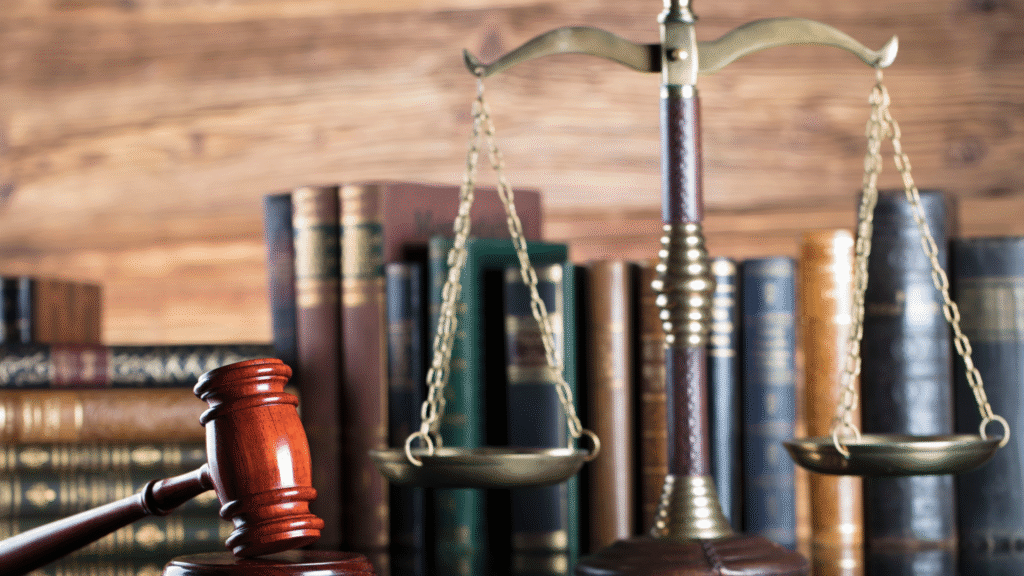Audiovisual oral will in the governmental project to change the inheritance law
The Council of Ministers announced the commencement of the legislative process concerning significant changes to the inheritance law (project no.: UD-30). According to the information published by the Chancellery of the Prime Minister, the planned amendment will concern the forms of last wills regulated by the provisions of the Civil Code, as well as the Code of Civil Procedure in the field of inheritance proceedings. Most of the proposals indicated in the published project’s outline meet long-standing demands—one of which concerns adding the possibility of registering the will in the electronic form in the regulations governing the form of a will. The sole idea and the technical instruments needed to register such a declaration of will are, of course, nothing new. However, the new technologies pose significant risks in this area.
According to the current legal situation in Poland, a will made solely by recording the testator’s statement in the form of an audio or audio-video file cannot be considered valid, because it certainly does not meet the criteria specified for any of the numerous forms of wills regulated in the Civil Code. A new file of such sort may, however, serve as evidence in the interpretation of the will, particularly while determining the circumstances of its preparation. In its resolution of February 26, 2021 (ref. no. III CZP 24/20), the Supreme Court decided that such evidence may include, for example, a photo to which the testator referred in the content of his handwritten will. The debate on a potential change in this area has been going on for a long time in the doctrine and seems to be dominated by voices supporting the introduction into Polish law of the possibility of preparing a will in audiovisual form. The crucial question, however, is whether such a possible new form would be a general form (i.e. possible to use in all circumstances) or perhaps a special form (possible to use only in special circumstances), such as, for example, an oral will today.
The project makers favor the latter option. The description of the planned amendment indicates that in the article devoted to oral wills, Article 952 of the Civil Code, a new provision, §11 would be added (an original spelling is used, although it is probably an error, most likely it should be §1 (1) because Article 952 has only three paragraphs). According to its content, an audiovisual will shall be a new way of preparing an oral will, recorded using a device recording image and sound on a durable information carrier, enabling its reproduction. Like in the case of “traditional” oral will, a new audiovisual will can only be prepared in the circumstances specified in §1. Importantly, the conditions specified there are also to be changed. The two alternative circumstances allowing for the preparation of an oral will shall be somehow combined—the will shall be drawn up validly if, due to special and urgent circumstances justifying the fear of the testator’s imminent death, maintaining the ordinary form of the will shall be impossible or excessively difficult.
So far, in the doctrine, among the voices supporting the introduction of an audiovisual will, there have also been some enthusiastic voices, which treated this potential new form as a modern remedy for many old problems related to the preparation of the last will declarations. Fortunately, the drafters are much more cautious and indicate that there is a significant risk of forgery of such wills. This was an obvious thing several years ago when the use of deep fake technologies became popular. Nowadays, when even more modern tools can be used to perform this type of image and sound processing, including those based on artificial intelligence, the risks associated with recording declarations of will in the digital form are extremely important for the entire market and it would be worth eliminating their potential occurrence in the field of inheritance law. The aforementioned is precisely what justifies narrower regulation of audiovisual wills as a special form. Furthermore, the project’s description provides quite enigmatically that the court shall examine the testator’s consciousness and freedom at the time of testing. Moreover, the will itself drawn up in this form shall lose its validity only after a month from the cessation of the circumstances that justified not observing the form of an ordinary will, unless the testator dies before the expiry of the deadline.
Undoubtedly, introducing an oral audiovisual will is a satisfactory idea for implementing testamentary freedom, especially in life-threatening situations, when few people have the opportunity to go to a notary or even write down their will on paper, but many may have their phone capable of recording sound and image. What should be positively assessed is the awareness of the risks associated with it and the resulting caution of project makers. The final assessment of the proposed solutions in this area should await the publication of the entire project, which, according to the announcement, is to be adopted by the Council of Ministers in the fourth quarter of 2024.













Notes from the “other side of the barricade” – reflections of a former in-house lawyer